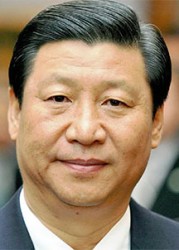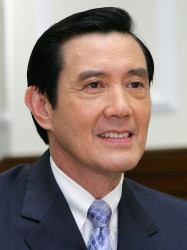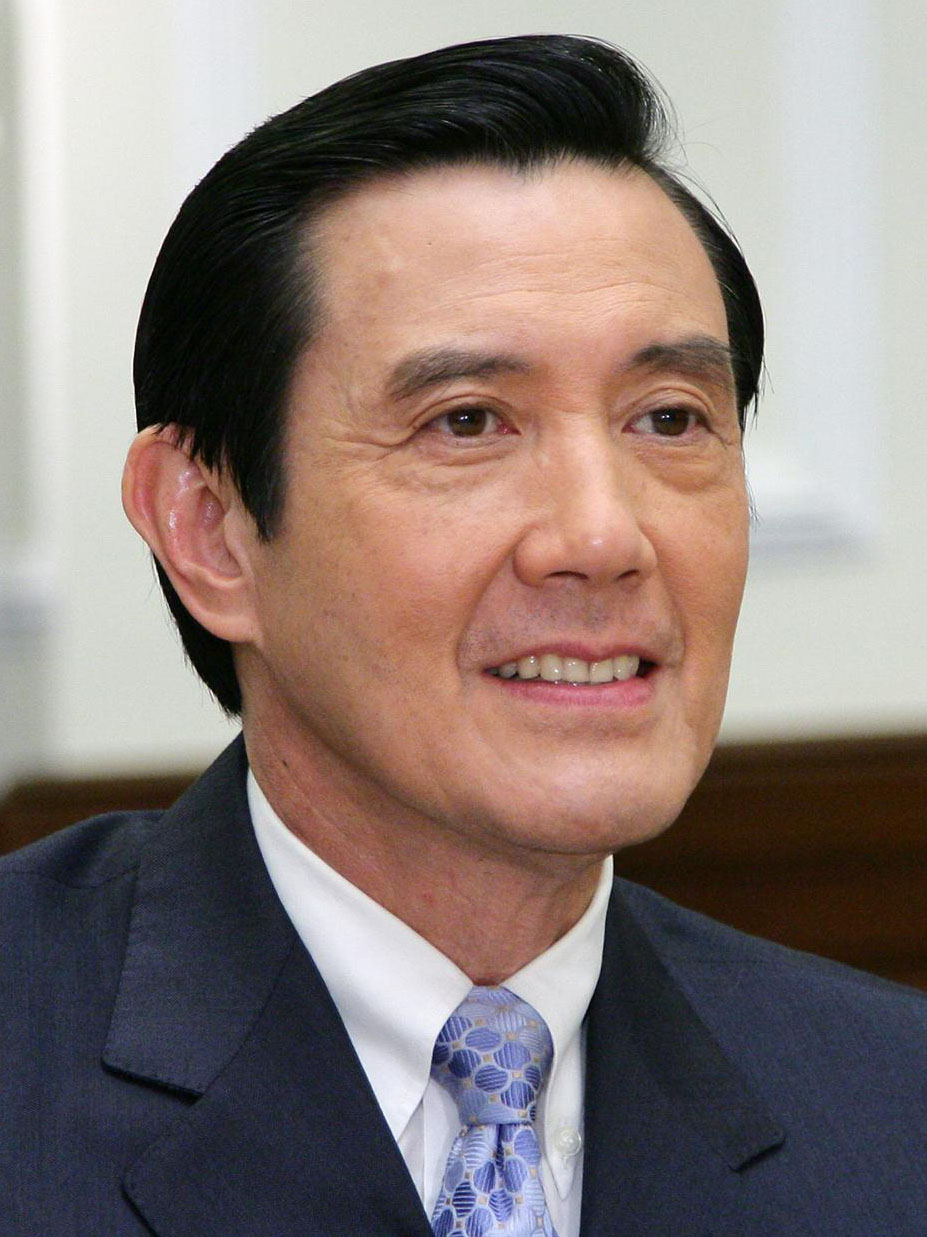SINGAPORE (Reuters) – China and Taiwan must not let proponents of Taiwan’s independence split them, China’s President Xi Jinping told Taiwan’s president yesterday at the first meeting between leaders of the two sides since China’s civil war ended in 1949.

Ma Ying-jeou, president of self-ruled, democratic Taiwan, where anti-Beijing sentiment has been rising ahead of elections, called for mutual respect for each other’s systems and said Taiwan people were concerned about mainland missiles pointing their way.
The talks, at a luxury hotel in the neutral venue of Singapore, lasted less than an hour but were heavy with symbolism.
The two leaders shook hands and smiled in front of a mass of journalists when they met, with Xi wearing a red tie, the colour of the Communist Party, and Ma a blue one, the colour of his Nationalist Party.
Moving into a meeting room, Xi, speaking first and sitting opposite Ma, said Chinese people on the two sides of the Taiwan Strait had the ability and wisdom to solve their own problems.

“No force can pull us apart because we are brothers who are still connected by our flesh even if our bones are broken, we are a family in which blood is thicker than water,” Xi said.
In response, Ma said he was determined to promote peace across the Taiwan Strait and that relations should be based on sincerity, wisdom and patience.
Ma also asked Xi indirectly to respect Taiwan’s democracy.
“Both sides should respect each other’s values and way of life to ensure mutual benefit and a win-win situation across the straits,” he said.
The US State Department said the meeting was part of an “historic improvement” in relations between Taiwan and China and called for further progress “toward building ties, reducing tensions and promoting stability.”
China’s Nationalists, also known as the Kuomintang (KMT), retreated to Taiwan after losing the civil war to the Communists, who are still in charge in Beijing.
The mainland has never renounced the use of force to bring what it considers a breakaway province under its control.
Speaking to reporters after the talks, Ma said he hoped Xi could pay attention to China’s missile deployment – the island has long fretted about batteries pointed its way – to which Xi replied that was not an issue about Taiwan, he said.
“I at least raised the issue, and told him that the Taiwanese people have questions and concerns about it, and hope he will treat it with importance,” Ma said.
Zhang Zhijun, the head of China’s Taiwan Affairs Office, said Xi told Ma that the biggest threat to the peaceful development of relations was pro-independence forces.
“The compatriots on both sides should unite and firmly oppose it,” Zhang said.
The meeting comes ahead of presidential and parliamentary elections on Taiwan which the independence-leaning Democratic Progressive Party (DPP) is favoured to win, something Beijing is desperate to avoid.
Speaking in Taiwan, DPP leader and presidential candidate Tsai Ing-wen said she was disappointed Ma made no direct mention of Taiwan’s freedom and democracy.
“We had expected President Ma to talk about Taiwan’s democracy, freedom and the existence of the Republic of China,” she said, in comments carried on Taiwan television stations, referring to Taiwan’s official name.
“More importantly, the Taiwan people’s right to choose freely. But he did not say a word of that.”

